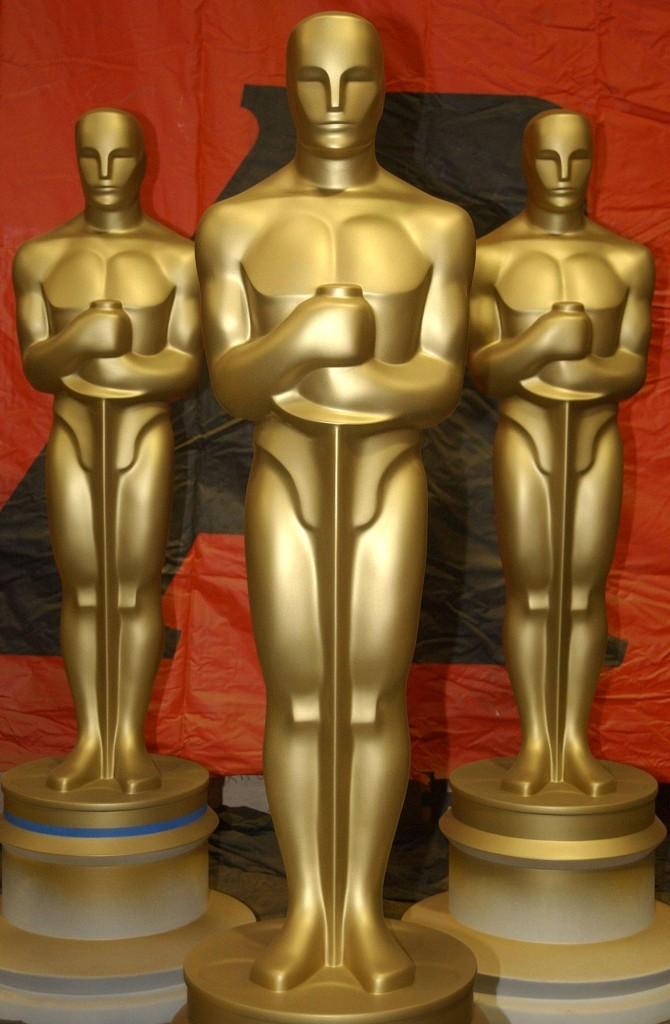Hollywood Undeserving: Why the Oscars Always Miss the Mark
July 23, 2011
Published: February 16, 2011
When George C. Scott became the second actor in history to refuse an Oscar in 1970, he told one reporter bluntly, “The whole thing is a god-damn meat parade. I want no part of it.” That year “True Grit” introduced Rooster Cogburn to American audiences for the first time, before the home video market altered the cinematic landscape forever, and the Academy of Motion Picture Arts and Sciences bastardized their own top honor. By adding five more nominees, the Academy drastically overestimated the quality of American cinema. If “Patton 3D” came out tomorrow, it’s hard to imagine what Scott would say today.

The problem with the Academy isn’t that its 6,000 members fail to honor the year’s most profound mainstream films; it’s that they rarely honor the right ones enough. While taste is of course a matter of individual preference, it’s hard to forgive historical blunders like the 1968 awards, when the Academy let a little side project called “2001: A Space Odyssey” slip by largely unrewarded, or in 1977, when the Italian Stallion left the porno biz for boxing and beat out “Network” and “Taxi Driver” to take Best Picture.
Some Fordham faculty members share my opinion of the Academy. “It’s a high school popularity contest,” said Brian Rose, professor of communication and media studies. “The Academy is celebrating a certain mainstream appeal; the films nominated are either accessible or about the Holocaust.”
This year’s list of nominees shows enormous improvement from the last, which reassured skeptics that the 10-candidate system was an adorable delusion by honoring “Up in the Air,” “Avatar” and “District Nine” with Best Picture nominations. However, while the Academy’s selections for the 83rd Annual Awards exhibited uncharacteristic diversity with films like “Winter’s Bone” and “Dogtooth,” equally impressive is the list of “the snubbed.”
Championing the injustice is actor Ryan Gosling, along with the rest of the film crew who worked on “Blue Valentine.” To try and understand why “Blue Valentine” was received so poorly by the Academy, it’s perhaps best to look back to the 2005 Awards, when an emotionally graceless and easily digestible film called “Crash” beat out “Brokeback Mountain” for Best Picture. While you would be hard pressed to find a critic that would name “Crash” the better film, “Brokeback Mountain,” like “Blue Valentine,” deals with relationship struggles and sexuality with unflinching honesty. Consequently, both were punished.
“In film, as well as every other art form, when you have work that’s truly original, it’s often too original for the times,” said Nelson Kim, adjunct professor of communication and media studies. “The Academy usually goes with films that don’t upset or ruffle viewers. The Oscars are often awarded to good films, but they’re rarely the best.”
“Look at Stanley Kubrick and Orson Welles,” Kim said. “They received the Lifetime Achievement Award because people missed honoring them when they were producing their best work.”
The same can be said for how the Academy awards many actors, Kim argued. “Al Pacino was never honored for his work in the 1970s, but he won Best Actor for his role in ‘Scent of a Woman,’ which was certainly not his greatest performance.”
However, while the Academy truly missed the mark this year by slighting films like “Blue Valentine,” “I Am Love” and “Animal Kingdom,” there were also a few nominees that were more than pleasantly surprising. “Dogtooth,” a brutally dark and endlessly brilliant comedy by Greek director Yorgos Lanthimos, is the country’s first nomination in 33 years and seems to break all the conventional criteria for an Academy pick.
“Restrepo,” which is nominated in the documentary category, is an unconventional and raw portrait of the Afghanistan War. The nomination honors Sebastian Junger and Tim Hetherington, who spent a year with a number of companies in the Korengal Valley, Afghanistan’s most dangerous battle zone. The result is an incredibly intimate look at a selection of soldiers who allow the camera to follow them everywhere, from the makeshift raves they create in their tents to the battlefields where a number of their platoon perish.
Additional films like Banksy’s “Exit Through the Gift Shop,” Deborah Granik’s “Winter’s Bone” and Gonzalez Innaritu’s “Biutiful” provide a much needed breath in between the clique of Hollywood darlings that garnered the bulk of the nominations.
In the end, what happens on Feb. 27 influences nothing. There’s no upset great enough to sway the course of cinema in this country. The pictures will continue to get larger, and eventually the only theaters able to survive in nowhere towns like Dublin, Ohio will be megaplexes that have the financial backing to stick around. But this is New York City; it’s nice to think there’s always going to be a place interested in screening Haneke while everywhere else goes with Spielberg.









